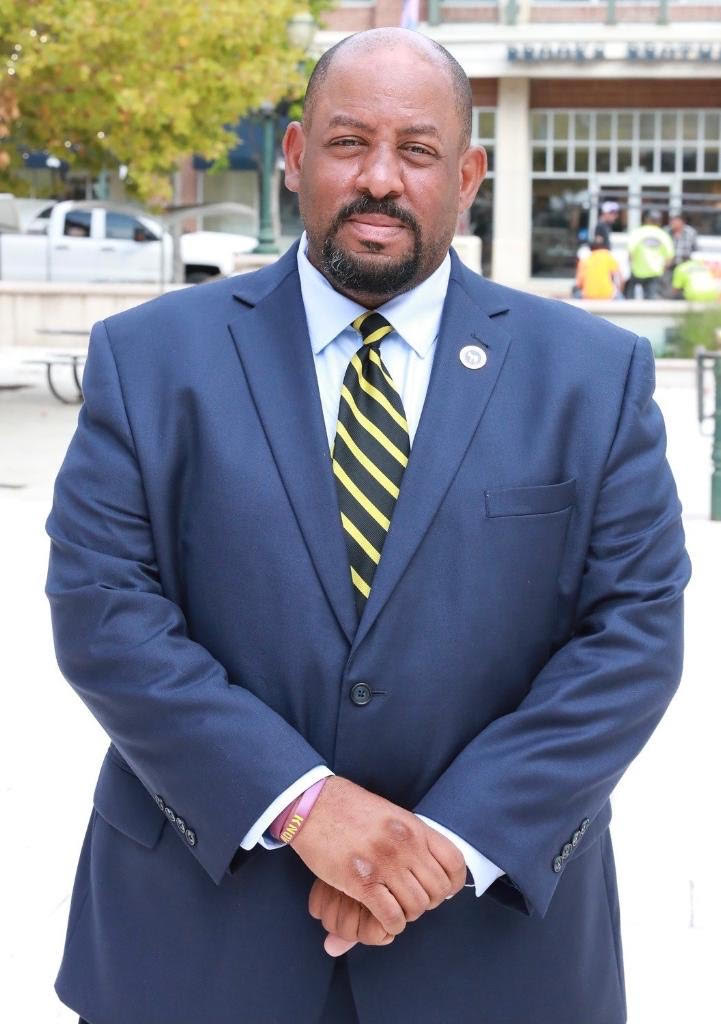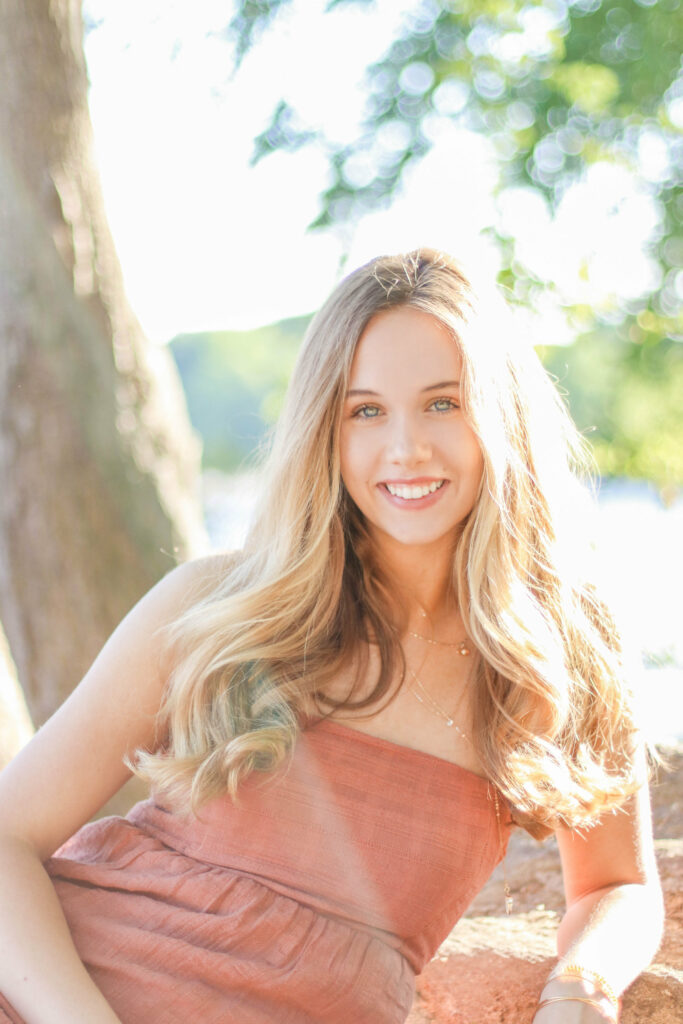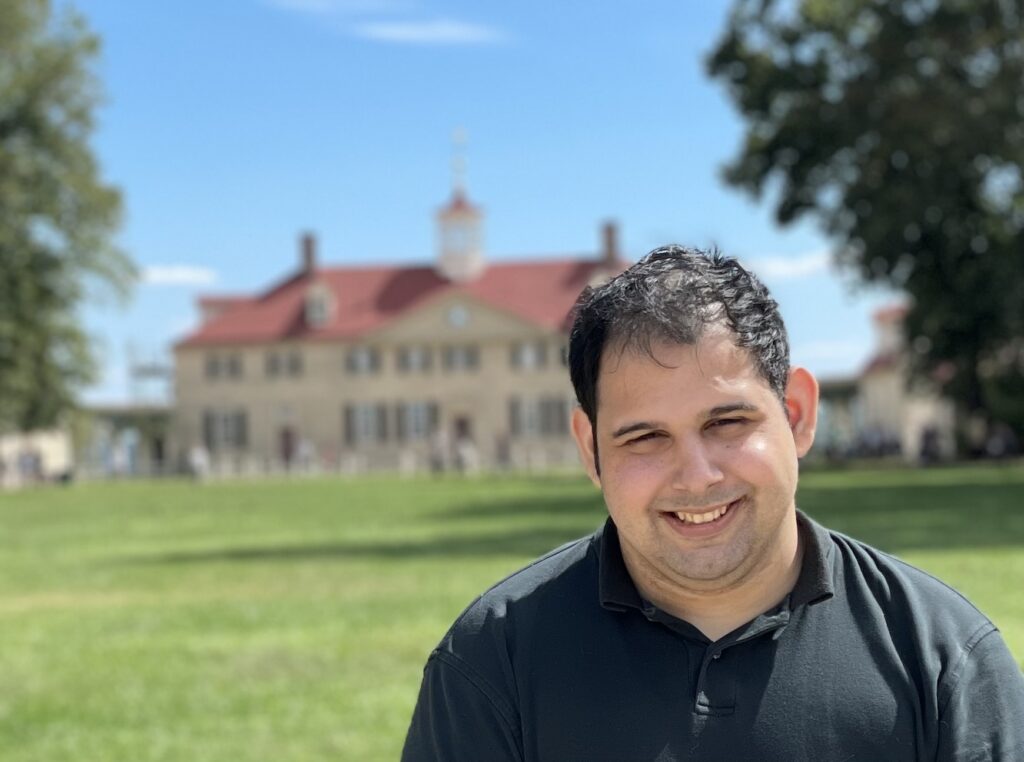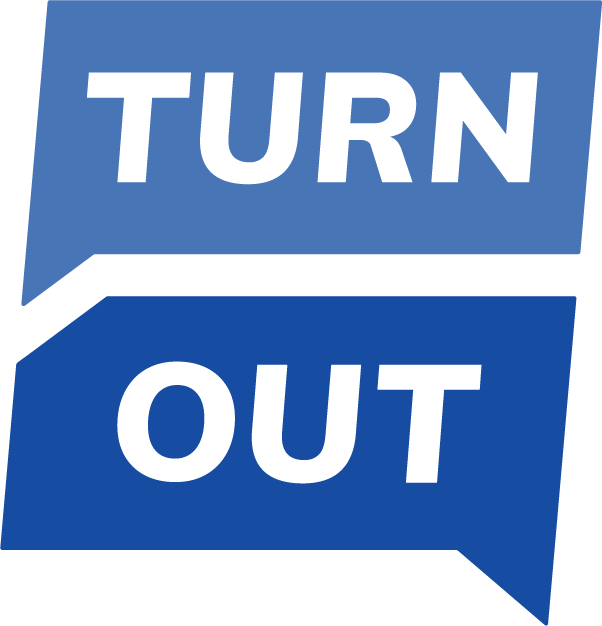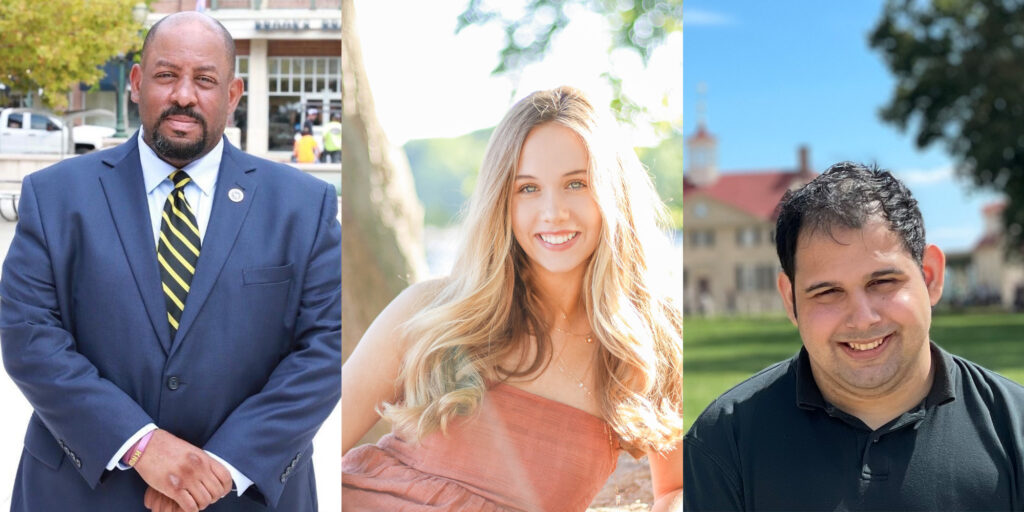
About Us: Progressive Turnout Project is the largest voter contact organization in the country, specifically dedicated to mobilizing the Democratic Party and defending democracy. Our mission: rally Democrats to vote.
Entry level positions on political campaigns can be hard to come by — especially for those with no previous campaign experience.
That’s one reason we’re so proud to be expanding our Turnout Fellows program, offering much-needed opportunities for compensated work in the political sphere. The program offers Democratic campaigns the resources to compensate and train the people who will boost their campaign’s chances of success.
Those paid opportunities can jumpstart political careers for those who are new to political work — and whose only traditional entry point to campaigns would be unpaid. And that means the untapped energy and fresh voices of our incredible Turnout Fellows are strengthening and invigorating the present and future Democratic Party.
Here’s how it works
First, we work with Democratic campaigns to identify individuals with talent and passion — but who could do even more with a paid staff position. Then, we fully invest in the success of those Turnout Fellows. Our goal is to better equip downballot campaigns for the important work of direct voter contact, especially in “safe” Republican districts that might otherwise struggle to staff up.
Each Fellow is dedicated to knocking doors and engaging in one-on-one conversations. This is proven to be the most effective way to engage and motivate voters to be active participants in our democracy.
Progressive Turnout Project compensates the campaign in full for each Fellow’s pay, as well as providing two months of training sessions to equip them with the most effective resources, strategies and expertise to support their candidates.
Our first Turnout Fellows program in 2018 funded 104 Fellows on 52 Democratic Congressional campaigns at the federal level. We’ve grown a bit since then. In 2021, we’ve embedded 167 Fellows in New Jersey and Virginia races, expanding the program into state legislative races for the first time.
In 2022, the program will be expanding even further, with thousands of Fellows empowering our endorsed candidates on state and federal campaigns across the country. We’re investing a total of $18 million in the program this year and next, meaning more Fellows can knock more doors and reach more voters.
By adding paid roles to state legislative campaigns, we hope to empower those campaigns to reach more voters — and empower those Fellows at the start of a long and successful career.
Ready to meet some of these rising stars?
We spoke with three Turnout Fellows in Virginia — hard at work with just a few weeks left until Election Day — to hear why they do this work, what the Fellows program has meant for their careers, and their thoughts on time travel. Here’s what they had to say:
Maurice Hawkins
Turnout Fellow with Friends of Alex Askew (Virginia Beach, VA)
What would you title your autobiography?
Maurice Hawkins: Weapons Grade Intellectual
What would you say has been your favorite memory about working with PTP so far?
I think my favorite memory is ongoing. I like having an official role with Delegate Askew’s campaign. I’ve known Delegate Askew for almost 10 years. We worked together on the Obama campaign, he was a field organizer and I was a volunteer leader.
It’s one thing when you’re a volunteer, but it’s another thing when you are officially part of the team. There’s a higher level of depth. As a volunteer, you get a canvass pack and you’re like, “Okay, I’ll finish it, or maybe I won’t, I’ll get another one,” but when you’re a Fellow, there’s a higher level of accountability. “I gotta finish my pack. I gotta make my calls. I gotta recruit this volunteer. I gotta share the content from the campaign.” So you’re more invested in the candidate’s success, because you have an official role.
Which living person do you most admire?
Other than my mother? Barack Obama number two, and current administration, Joe Biden and Kamala Harris, I would say that’s number three.
Why did you apply to be a Fellow?
Well, I applied for the position because it gave me an opportunity to help Democratic candidates, do what I was already doing, but with the opportunity to be under an official political apparatus. And, of course, earning a couple of dollars doesn’t hurt either.
If you could sit in on any historical event, which event would it be?
I would say the March on Washington, when Dr. Martin Luther King gave his “I Have a Dream” speech. I just think that that speech and that march were the catalysts and the rubric for much of the activism that we see today. I think that the March on Washington is the gold standard for grassroots organizing and coalition building before people really understood that.
Sam Moore
Turnout Fellow with Hurst for Delegate (Blacksburg, VA)
If you could learn any party trick, what would it be?
I really want to learn how to juggle.
What does it mean to you to be a Fellow?
I’m a college student and my district encompasses the college town that I live in. So it means that I get to be involved in local politics, and get to know my neighbors. I feel like a lot of times people come to college and they stay for four years and then they leave. They don’t get to be involved with the community. I feel like this gives me a good opportunity to meet my neighbors and actually get to know the people that call this place home year round.
What’s the best compliment you’ve ever received?
One of my friends complimented how I’m assertive and I’m willing to say what I feel. Not in a rude way, but I’m willing to ruffle feathers. Some people are a little bit uncomfortable with that, but I’m pretty comfortable with it.
Why did you apply to be a Fellow?
I was already working for the Chris Hurst for Delegate campaign as a summer Fellow, so this program gave me an opportunity to continue throughout the semester and also get paid. Because I am a college student, if it were to come down to having a part time job or volunteering in politics, unfortunately I would have to take a job, so I think that this program really gives a great opportunity for college students to get more into politics.
What do you think has been your favorite memory so far?
I had a really good door conversation last week with a local in the area. It was a middle aged man, and he was talking about his kids. He was undecided, and he actually sat down on the steps and was willing to have a conversation with me and the person I was canvassing with. It was really nice. You don’t have a lot of conversations like that. So when you do have really good, engaging political discourse, it really does mean a lot.
Joe Albert
Turnout Fellow with Friends of Patrick Hope (Arlington, VA)
Who’s your style icon?
I say anyone who just woke up.
Why did you apply to be a Fellow?
The opportunity kind of came out of nowhere. I’d just finished four months as a precinct captain for Lexington, with the Arlington Democrats, and it was unpaid. Sometimes it felt like this job, what with the amount of hours, and I just needed a break. I graduated last year from college and I was prepping for grad school, and a friend of ours sent this email, and I applied, because it was our local delegate, and we really view him highly. As a political science major, I want to go into politics. The opportunities to get involved in campaigns, and where there’s a paid opportunity are very limited, surprisingly, many times, unless you have the right contacts.
You’re stranded on an island with two presidents, who are you bringing?
President Obama. Well, I don’t want to do that to Obama. He has a family. What’s the guy’s name? The worst president we had? James Buchanan. And oh, heck, John Adams.
What does it mean to you to be a Fellow?
To be a Fellow is being able to be involved in the political scene, but at the same time, being involved in your community. Being involved with a campaign, but at the same time, growing and learning how to be more efficient, how to be more effective. I think that’s what makes this opportunity so great, compared to other places I’ve worked.
If you could sit in on any historical event, which event would it be?
The whole “naming of the national bird.” I really want to see their reaction when Ben Franklin suggested the turkey. That, to me, would have been comedy gold.
What would you say has been your most helpful training session so far?
I don’t know if this technically counts as training, but the one-on-ones have been very effective. I am an individual on the autism spectrum, so a lot of times communicating can be very tough for me. Being able to work with Julio, who’s the Virginia Fellows coordinator, and figure out, like, how do I communicate with my boss more effectively, communicating with voters, and even helping me to understand the stuff in the training, has been really key.
Questions about our Fellows program? Email info@turnoutpac.org.
Is your campaign seeking our endorsement? Email endorsements@turnoutpac.org.
To support the Turnout Fellows and our other voter turnout programs, you can contribute to Progressive Turnout Project here.

